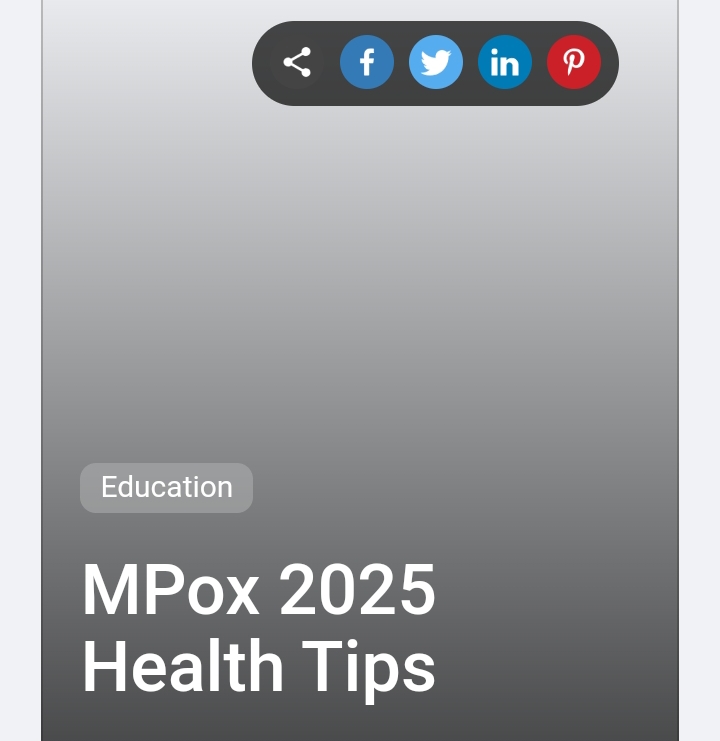Health Challenge
Global Risks
Transmission and symptoms
Prevention
A Persistent Global Health Challenge
Mpox (formerly monkeypox), a viral disease caused by the *monkeypox virus* (MPXV), continues to pose significant public health risks globally. Two distinct clades drive current outbreaks: **clade I**, prevalent in Central Africa with higher severity, and **clade II**, responsible for the 2022–2023 global outbreak linked to sexual contact among men who have sex with men (MSM) . As of April 2025, clade I outbreaks in Central and Eastern Africa—particularly in the Democratic Republic of the Congo (DRC)—have escalated, with over 29,000 suspected cases and 800 deaths reported since January 2024 . This strain, subclade Ib, spreads through household contact, sexual networks, and healthcare settings, with a 3% fatality rate .

Global Spread and Risks
While clade I remains concentrated in Africa, travel-associated cases have emerged in Europe, Asia, and the Americas. The U.S. reported four clade I cases linked to African travel, though community transmission remains low . In contrast, clade IIb continues circulating globally at lower levels, with over 100,000 cumulative cases since 2022 . The World Health Organization (WHO) declared clade I outbreaks a Public Health Emergency of International Concern in August 2024 due to its potential for wider spread .
Transmission and Symptoms
Mpox spreads via close contact with lesions, bodily fluids, or contaminated materials. Clade I infections in Africa disproportionately affect children, with 70% of DRC cases under 15 years old . Symptoms include fever, swollen lymph nodes, and a painful rash progressing to scabs. Severe cases can lead to sepsis, pneumonia, or death, particularly in immunocompromised individuals .
Prevention and Challenges
Vaccination remains critical. The JYNNEOS vaccine, 85% effective after two doses, is prioritized for high-risk groups and travelers to endemic regions . However, vaccine inequity persists: only 10% of Africa’s needed doses have been administered, compared to higher coverage in wealthier nations . The DRC faces additional hurdles, including conflict, malnutrition, and concurrent cholera outbreaks, straining healthcare systems .
The Way Forward
WHO and Africa CDC emphasize surveillance, community engagement, and integrating mpox care into routine health services . Researchers warn that waning smallpox immunity—a legacy of eradication efforts—has heightened susceptibility to mpox, underscoring the need for sustained vaccination campaigns . As the virus evolves, genomic monitoring is vital to detect mutations affecting diagnostics or virulence .
While mpox is unlikely to replicate COVID-19’s pandemic scale, its resurgence highlights the fragility of global health security. Coordinated action, equitable resource distribution, and public education are essential to curb its spread and mitigate future threats.
Leave a Reply